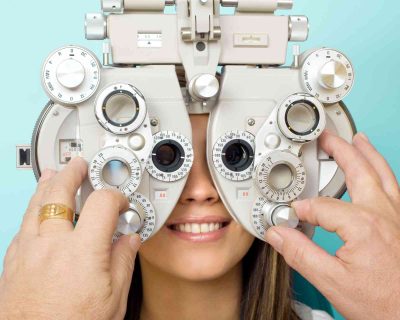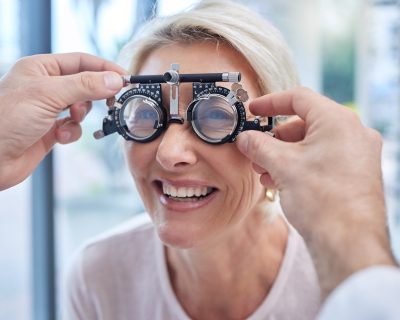
5 Tips to Prepare to Take an Eye Exam
Eye examinations are helpful for eye care, discovering eye ailments and other related conditions. To make the best out of your eye exam, it is advisable to prepare ahead. Just in case that sounds a bit unusual, let’s just remind you that going in prepared provides you with first-hand knowledge of your eye conditions, among other benefits. Your optometrist can use these preparations to give a more tailored diagnosis and offer better solutions. To leave your optometrist with the assurance of a valid prescription, be sure to prepare by following these five tips for your next eye examination.
Note any medications you have been taking
Your optometrist might need to know about the medications you have been taking as they may affect your vision. Some medications have the ability to further intensify any potential eye conditions, some might cause some potential changes, while others might actually help improve eye conditions. Whatever the case is, it is always important to note all the medicines you have used and inform your optometrist of them.
Understand your family’s medical history
Many times, your optometrist may require information about certain medical conditions in your family for a proper diagnosis. The existence of conditions, who has it in your family, does it reoccur in your family’s history? These questions are not limited to eye history alone, you need to also learn of other conditions. This assists your optometrist in knowing what the diagnosis of your condition may or may not be.
Note your symptoms
An optometrist is most likely to offer accurate prescriptions when you know what your symptoms are. Anytime you discover a differing symptom in your eye condition, write it down in preparation for your next eye exam. Eye symptoms vary per individual, some include: headaches, aching and watery eyes, light sensitivity, distorted vision and itching.
Bring along your corrective lenses
If you use glasses or contacts, remember to bring them along with you to the optometrist. Having them with you helps your doctor evaluate your prescription and decide if amendments are required. You may be required to wear them during parts of your consultation to ascertain the current need of your eyes. To establish this, you may be asked some questions when wearing your correcting lenses.
Note any information you feel is significant
It is important to inform your optometrist about any threatening conditions to your eye health. Whether it be conditions in your workplace, school, home or anywhere else. Being upfront about it can help relieve your ailment. Your eye health should not be taken for granted, all potential issues and information should be shared, no matter how insignificant you may feel it is.
Help your optometrist help you by preparing ahead of your next eye exam.




